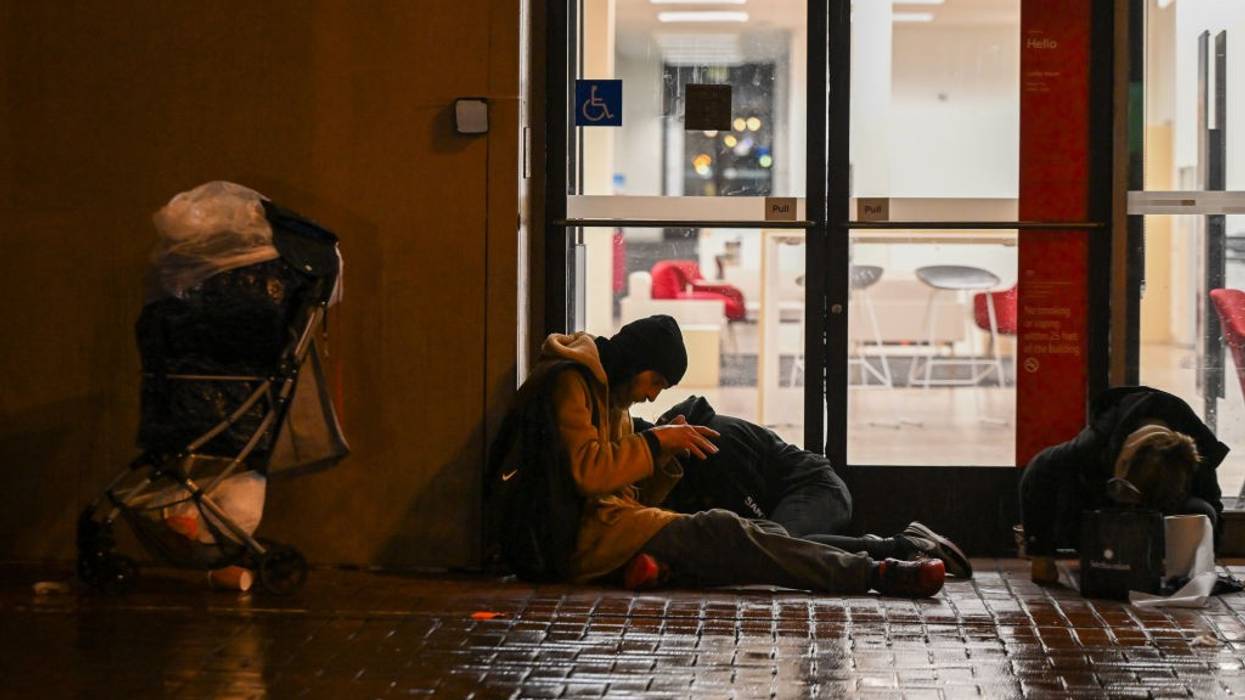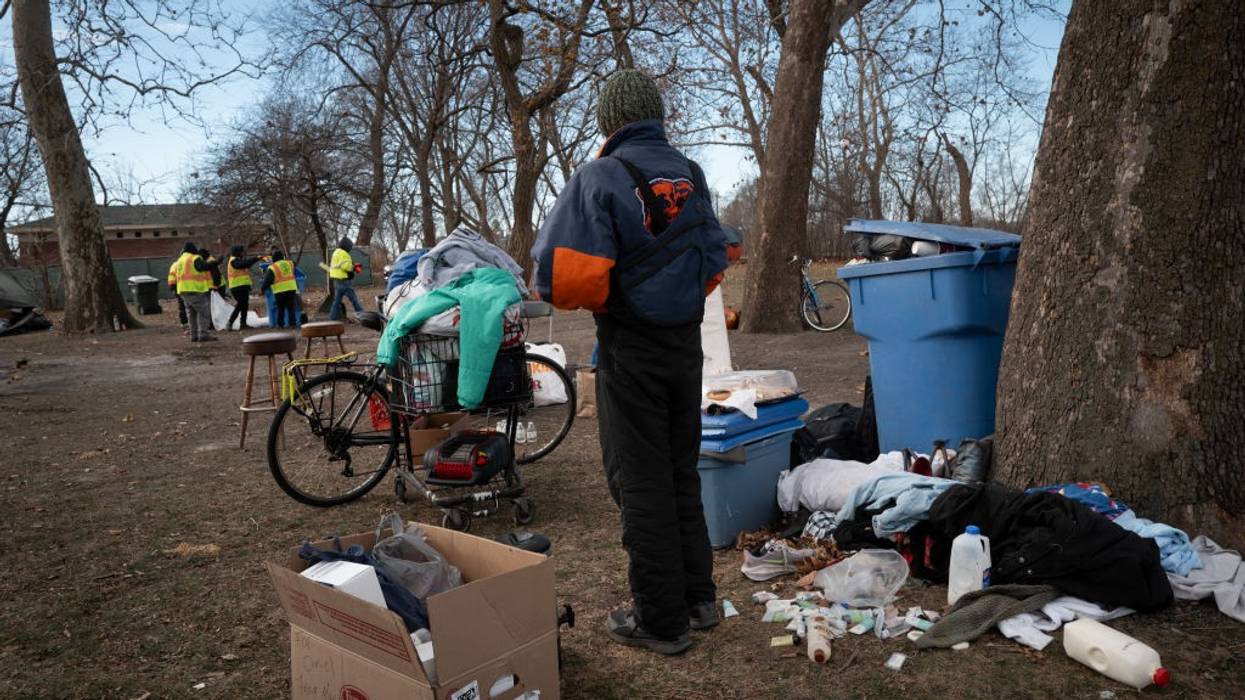By age 29, I was pregnant and living in a makeshift shelter beside the freeway with my partner. A massive storm hit and everything we had was washed away. We were soaked, freezing, and standing in knee-deep water when the city’s Homeless Outreach Team arrived. No judgment. Just one question: “Are you safe where you are right now?” They got us into a hotel that night. That simple act saved my life—and gave me a chance.
With shelter, I was able to schedule a prenatal appointment. When I missed it due to withdrawal symptoms, a public health nurse came to me and helped get me into a hospital bed to safely taper off opioids. I spent the rest of my pregnancy hospitalized due to complications. My daughter was born prematurely and spent two months in the Neonatal Intensive Care Unit. It was a long road, but we made it. That wouldn’t have been possible under Trump’s executive order.
If Trump chooses cages, we can choose clinics. If he chooses punishment, we can choose prevention. If he chooses fear, we must choose humanity.
EO 14321 eliminates federal support for Housing First policies—programs that provide housing without requiring sobriety. It prioritizes forced institutionalization over voluntary care. It defunds services like naloxone distribution, clean syringes, and mobile health teams that meet people where they are. It punishes cities like San Francisco for offering compassionate, evidence-based care.
After giving birth, I entered treatment, using methadone to taper slowly. I’ve been sober nearly three years. That wouldn’t have happened if I’d been forced to quit cold turkey. The first time I was pregnant, I did exactly that—thinking it was best for the baby. I got violently ill and miscarried. I didn’t know opioid withdrawal could be fatal during pregnancy.
That’s why harm reduction matters. When you’ve used for years, quitting all at once can kill you. I needed time, support, and nonjudgmental care. If someone had tried to force me into abstinence, I would’ve run. The only reason I could stay was because I was met with dignity, not demands.
Harm reduction tools—like clean syringes and naloxone—kept me and my partner alive long enough to heal. Narcan brought us back more than once. These aren’t fringe ideas. They’re public health basics. Without them, I wouldn’t be a mother today.
My daughter is 2 now—chubby, curious, thriving. I still receive medication-assisted treatment, not because I’m still using, but because my tolerance was high after years on the street. My partner is now in the sheet metal union. We have housing. We have hope. But under EO 14321, the very services that helped build this life would have been gone. The care I needed would’ve been criminalized.
Trump’s order doesn’t just shift funding—it reshapes the system around coercion. It calls for expanded civil commitment laws that make forced treatment easier. But science and lived experience say the same thing: Coercion kills, voluntary care heals. I was institutionalized for nearly a year at 16—not because I was violent, but because I was suffering. It didn’t help. It hurt. It made me distrustful and traumatized. If you strip away someone’s autonomy, you strip away their will to recover.
This order tries to legislate suffering. It replaces housing and support with jail cells, locked wards, and abstinence-only programs that don’t work for most people. It replaces hope with fear. But addiction doesn’t respond to punishment. Recovery grows in trust, safety, and connection.
So what does compassion look like in practice? Start with Housing First—always. Fund syringe access and safe-use spaces. Offer medication-assisted treatment without strings attached. Train outreach workers in trauma-informed care. Build trust. Respect autonomy. Celebrate survival instead of punishing it.
San Francisco has already shown it’s possible. Our city is on track to become the first major US city with no new HIV infections—precisely because we invested in harm reduction and met people where they were, without shame. As the federal government rolls back those strategies, we face a choice. Do we follow them down a path of fear and criminalization, or do we lead with evidence, compassion, and courage?
My daughter exists because someone gave me a hotel room, a hospital bed, and a second chance. If EO 14321 had been in place, I would have been treated like a criminal, not a patient. I might not be here. She definitely wouldn’t be. Until a person dies, there is hope. That hope is sacred. It’s not flashy. It takes time. But it works. If Trump chooses cages, we can choose clinics. If he chooses punishment, we can choose prevention. If he chooses fear, we must choose humanity. Let’s not squander the hope we still have.




